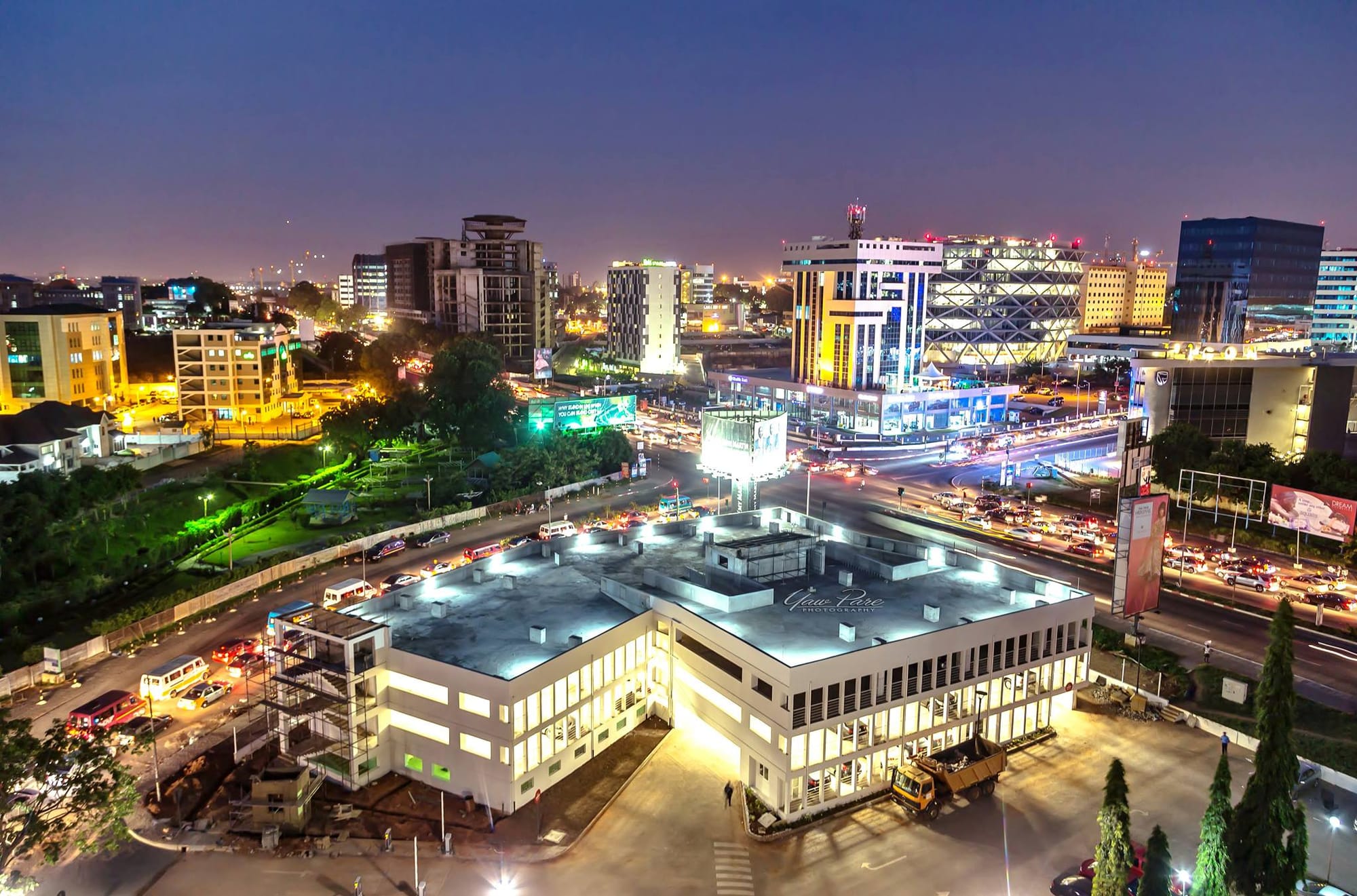Why Africa is the Next Big Opportunity: Investing in Ghana, Senegal, Nigeria, and Beyond

Africa has long been a cradle of rich cultures, abundant natural resources, and historical significance that has shaped human civilization for thousands of years. From the ancient kingdoms of Ghana and Mali to the bustling trade routes of the Kemet era, the continent has always been a hub of innovation and commerce. Today, Africa is experiencing another transformation—one fueled by technology, entrepreneurship, and a growing demand for locally developed solutions.
A technological revolution is underway, with African companies creating products tailored to the unique needs of their local markets. While many of these innovations may not yet gain widespread international recognition, they are proving to be sustainable and impactful within the continent. These businesses are not just surviving; they are thriving, contributing to economic development, and opening up new frontiers for investment.
One of the most exciting developments is in the space sector. According to the International Trade Administration, the operationalization of Ghana’s Space Agency will require substantial investments in acquiring cutting-edge technology, developing skilled expertise, and harnessing Earth observation data. This initiative is expected to open doors to vast commercial opportunities—not only for Ghana but also for global investors, particularly those of African descent seeking to reconnect with and contribute to Africa’s economic evolution.
Ghana is not alone in this movement. Kenya’s Space Agency, established in 2017, has already made significant progress. Kenya launched its first satellite in 2018 and later developed Taifa-1, an operational Earth observation satellite that was successfully deployed into orbit on April 15, 2023. The satellite, launched aboard a SpaceX Falcon 9 rocket from Vandenberg Space Force Base in California, underscores Africa’s growing capacity in aerospace technology. These advancements highlight the potential for international collaborations in research, satellite communications, and environmental monitoring.
Such progress in space technology is a testament to Africa’s innovation ecosystem, demonstrating the continent’s ability to drive solutions for global challenges like climate change, urbanization, and infrastructure development. By partnering with space agencies across the continent, investors can tap into a sector that is set to become a major economic driver in Africa’s future.
The Real Estate Boom: A Market Poised for Expansion

Beyond space exploration, real estate is another sector witnessing exponential growth. Rapid urbanization, population expansion, and increased demand for modern housing and commercial properties have created unprecedented investment opportunities in countries like Ghana, Nigeria, Senegal, and South Africa.
- Ghana’s capital, Accra, has become a hotspot for luxury residential developments, commercial office spaces, and eco-friendly housing projects. The demand for high-quality housing is being driven by the growing middle class and returning diaspora members looking to invest in their home countries.
- Nigeria’s real estate sector, particularly in cities like Lagos and Abuja, is seeing a surge in demand for mixed-use developments that combine residential, commercial, and retail spaces.
- Senegal’s capital, Dakar, is benefiting from increased foreign direct investment (FDI) in infrastructure and modern housing projects, making it an attractive destination for investors.
- South Africa, with its well-established property market, continues to offer lucrative opportunities in both luxury real estate and affordable housing projects designed to accommodate its diverse population.
These trends present low-risk, high-return investment opportunities for those looking to capitalize on Africa’s real estate boom. Whether through direct property acquisition, real estate development partnerships, or investment in real estate funds, the potential for long-term profitability is immense.
Manufacturing: The Backbone of Africa’s Economic Transformation
Africa is also emerging as a global manufacturing hub, thanks to rising industrialization, government incentives, and an abundant labor force. Countries like Ghana, Kenya, Nigeria, and South Africa are shifting towards local production to reduce reliance on imports and boost export-driven manufacturing.
- Ghana’s government is actively promoting industrialization through policies like the One District, One Factory (1D1F) initiative, aimed at boosting local manufacturing and job creation.
- Nigeria’s manufacturing sector, especially in textiles, food processing, and automobile assembly, is growing rapidly, presenting opportunities for investors in factory infrastructure and supply chain development.
- Kenya is positioning itself as a leader in sustainable manufacturing, with a strong focus on agro-processing, eco-friendly materials, and renewable energy production.
- South Africa, already an industrial powerhouse, continues to attract investments in automobile manufacturing, steel production, and high-tech industries.
The expansion of the African Continental Free Trade Area (AfCFTA) is further accelerating manufacturing growth by enabling seamless trade across African borders, creating a vast market of 1.4 billion consumers. This means manufacturers who set up operations in Africa can easily access multiple markets, making production more cost-effective and scalable.
The continent is no longer just a land of potential—it is a land of active transformation. Whether in space technology, real estate, or manufacturing, Africa is positioning itself as a global economic powerhouse.
For investors, entrepreneurs, and members of the African diaspora, this is the ideal moment to explore opportunities that offer both financial returns and meaningful impact. From partnering with space agencies to building real estate empires or establishing manufacturing plants, the possibilities are vast and growing.
The Equatorial Gulf Journal is an independent publication dedicated to empowering individuals and society through insightful discussions and thought-provoking analyses. Our mission is to inform, inspire, and encourage readers to critically evaluate social structures, fostering meaningful conversations that drive positive change. By promoting critical thinking and open dialogue, we aim to explore solutions that enhance the quality of life for all.
Comments ()